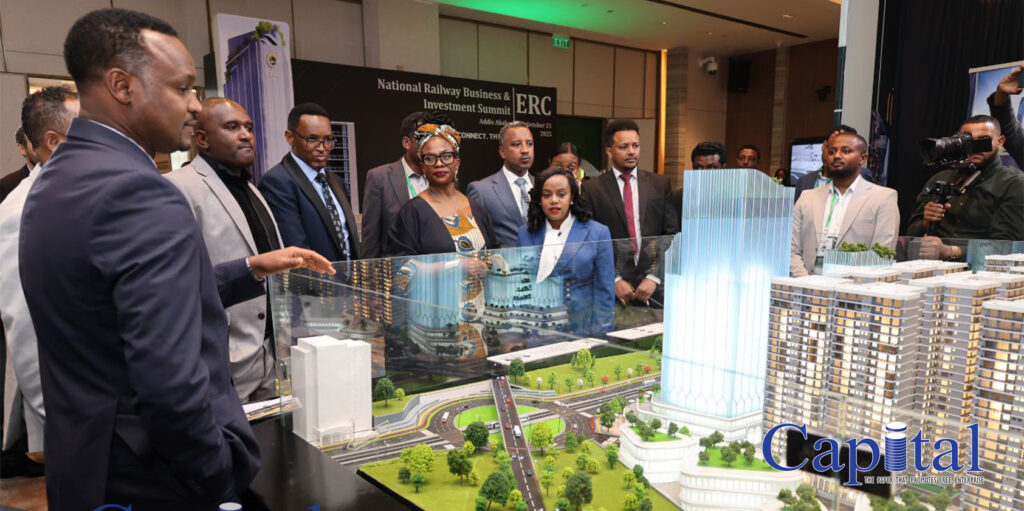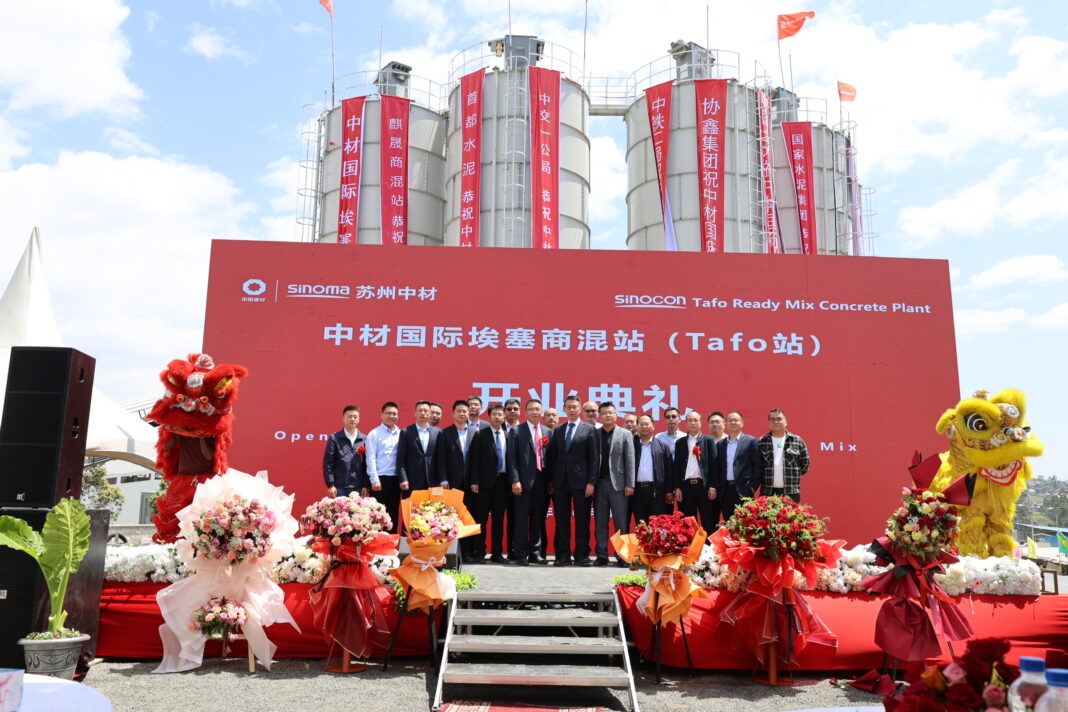The Ethiopian Railways Corporation (ERC) is finalizing a new, comprehensive investment strategy that will involve partnering with private and foreign investors to fund a diverse portfolio of real estate and infrastructure projects, signaling a significant shift towards a commercial and partnership-driven model.
The state-owned corporation, primarily responsible for national railway development, has announced that its new strategic framework is in the final approval stage. This new direction will see future projects advanced through Public-Private Partnerships (PPPs), joint ventures, and other collaborative business models.
“This marks a strategic pivot for the corporation towards a more business-oriented and partnership-driven approach,” a source familiar with the strategy stated.
The flagship project will be the redevelopment of the ERC’s existing headquarters on the prime Lagar site in the heart of Addis Ababa. The ambitious plan for the area includes a new 35-story corporate headquarters, a 21-story hotel, and twenty-seven residential towers comprising eight 36-story and nineteen 25-story buildings. It will also feature five retail centers, including four three-story and one four-story complex.

The investment portfolio extends beyond the capital, encompassing several strategic logistics hubs. Planned developments include a logistics port at Indode, a small-scale port city at Mojo, and port logistics infrastructure at the Dire Dawa Melkajebdu station.
These new initiatives will run alongside the ERC’s ongoing core railway operations. The corporation is currently progressing with the 392-kilometer Awash-Hara Gebeya railway project, which had faced delays due to the conflict in northern Ethiopia. Additional projects include a 3.2 km rail line at the Sof Umar Tourist Lodge and a strategic link connecting the Awash Oil Depot to the main Addis-Djibouti railway line.
In a related development, the ERC has been newly designated as a multimodal transport operator, a role that aligns with its expanded focus on integrated logistics and infrastructure development.







